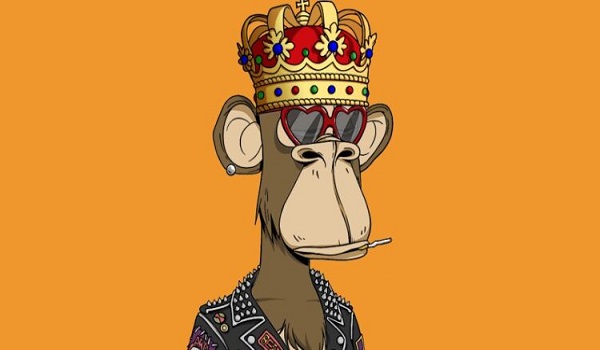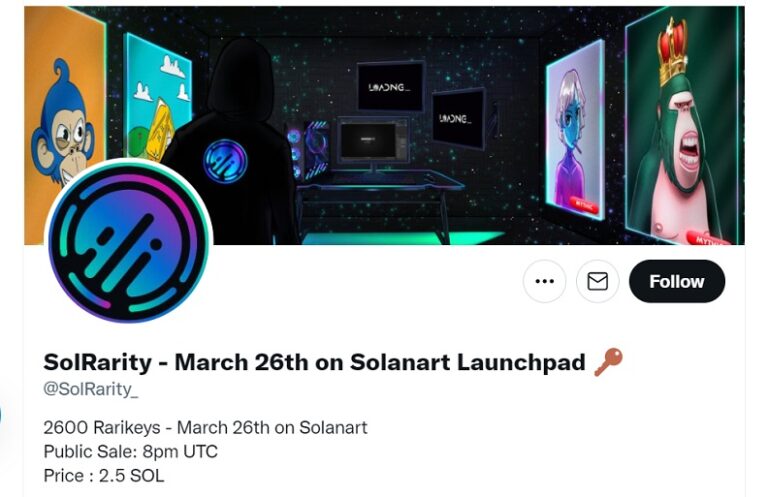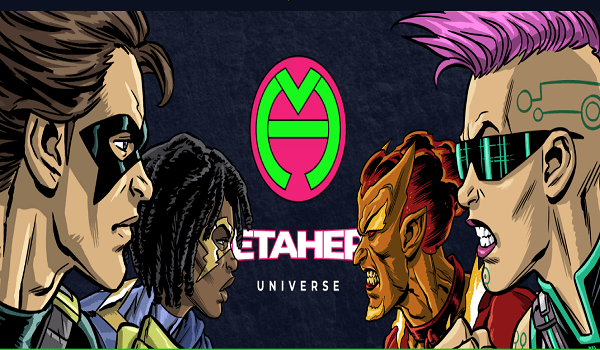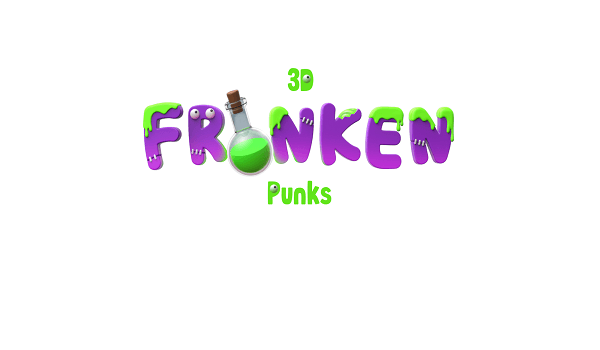This year, Ethereum is amidst a major transition moving from Proof of Work (PoW) to Proof of Stake (PoS) consensus mechanism. While Ethereum serves as the foundation for innovative blockchain projects in DeFi, NFTs, DApps, Ethereum co-founder Vitalik Buterin has been vocal about the necessity of Decentralized Governance (DeGov) to handle the complexity and capability of the DeFi.
In a recent blog post, he also discussed extensively the ‘essentiality to move beyond the present flawed Coin Voting Mechanism.’ He pointed out drawbacks of the current mechanism that can be a setback in the evolvement of the DeFi culture.
(Source: cointelegraph)
The Background Behind Vitalik Buterin’s Stand Against The Coin Voting Process
As Ethereum is moving towards PoS, without changing its governance process, it anticipates a democratic approach, more security, and efficient usage of the resources.
Buterin favors the Decentralized Governance (DeGov) mechanism simultaneously, he is concerned with the risks involved in the execution and reliability of it. Subsequently, he wants to clear the ambiguity about the manipulation of centralized powers in this context.
On the grounds of the epic war between the stakeholders of decentralized social media platform Steemit and the Tron founder Justin Sun in 2020, which resulted in the hostile takeover of Steemit by Sun and ended with the mass exodus of the Steemit community to another decentralized social media platform Hive. Sun secretly dealt with some Steemit developers and crypto exchanges & misused the voting power of Steem tokens against the Steemit community to manipulate its governance and gain financial benefits.
Referring to this episode prominently, he highlighted the drawbacks of the coin voting mechanism and stated, “We need to move beyond coin voting as it exists in its present form.”
DeGov Is Necessary
Buterin insists that token-based governance or DeGov is crucial in DeFi projects. But as major decisions about the up-gradation of protocols, issuance of awards and elections etc. are considered after the consensus of the stakeholders, he is highly concerned with the defects in the existing mechanism which permits ultimate power to the voters holding maximum tokens.
This resultantly can lead towards manipulation of the blockchains by centralized powers or whales shaking the very purpose of the decentralized governance. After the Steemit chapter, several DeFi projects are anticipating similar risks.
Buterin further pointed out two ignored issues in decentralized governance.
- The essentiality for funding public goods
- Protocol maintenance and upgrade
The Essentiality For Funding Public Goods
Initial blockchain projects focused only the network security issues as public goods projects. But over time, the sufficiency of developer funding and developer funding from credibly neutral sources have become significant issues. He insists that even the funding sources can be decided with the consensus process of the node operators. (users)
Protocol Maintenance And Upgrade
Buterin emphasizes that he is an admirer of the off-chain governance structure for blockchains. In off-chain governance, node operators (users) are an integral part of the governance process having absolute power to resolve governance issues. It also facilitates monitoring of the blockchain to check balance against the power of processes.
But simultaneously he insists on the inevitability of usage of on-chain governance structure, to overcome certain issues in DeFi projects.
Solutions To Avoid The Manipulation In DeFi Projects
In the Steemit episode, the Steem community tried to stop Justin Sun by freezing his token holdings, which he was using to manipulate the Steemit governance. Some of the exchanges misused customer’s coins to vote in favor of Justin Sun against the Steem community & thus Buterin suggested Time lock mechanism could be effective for some blockchains but only up to some extent.
In Buterin’s words:
“And so we have achieved unbundling: the borrower has governance power without economic interest, and the lender has an economic interest without governance power.”
Further Buterin discussed various solutions to overcome the DeFi issues. He suggested three possible solutions to minimize governance manipulation risk:
- Limited Governance
- Non-coin-driven Governance
- Skin in the Game
Limited Governance
Limited governance involves limited features implementing only for applications and not for the entire blockchain. It also involves governance for selected parameters. Also, a fixed time delay procedure could be applied to overcome monopolization.
Non-Coin-Driven Governance
Non coin driven governance includes 3 solutions: Proof -of-Humanity; Proof-of-Participation; Quadratic Voting
Proof -Of-Humanity (Proof Of Personhood)
“Proof-of-Humanity” is a governance structure that permits one vote per each of the protocol’s users.
Proof-Of-Participation
“Proof-of-Participation” provides a potential solution where only the contributors in any specific project or a specific task will have the authority to vote.
Quadratic Voting System
As the term suggests, it involves a process where the power of a single voter is proportional to the square root of the economic sources that they commit to a decision that can resolve governance issues.
Skin In The Game
This approach suggests that only the individual voter would be responsible for his decision & the decision will not affect the entire community and the governance.
Buterin sums up as:
“The most important thing that can be done today is moving away from the idea that coin voting is the only legitimate form of governance decentralization.”







